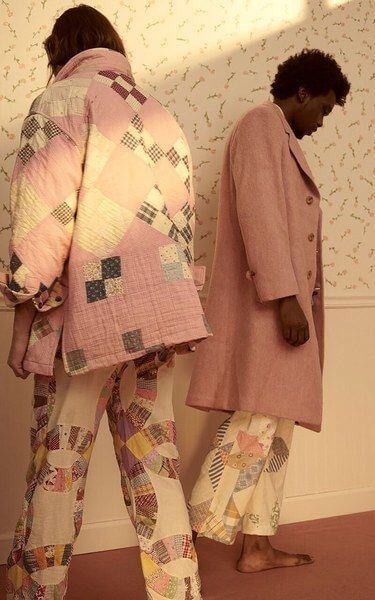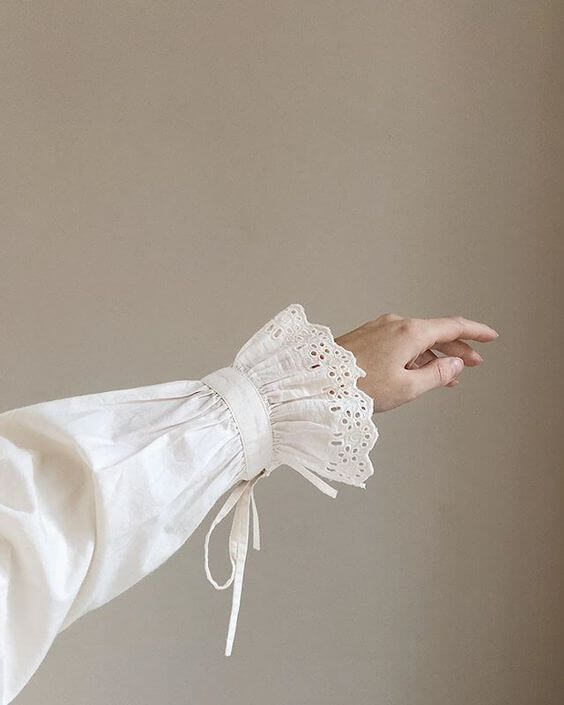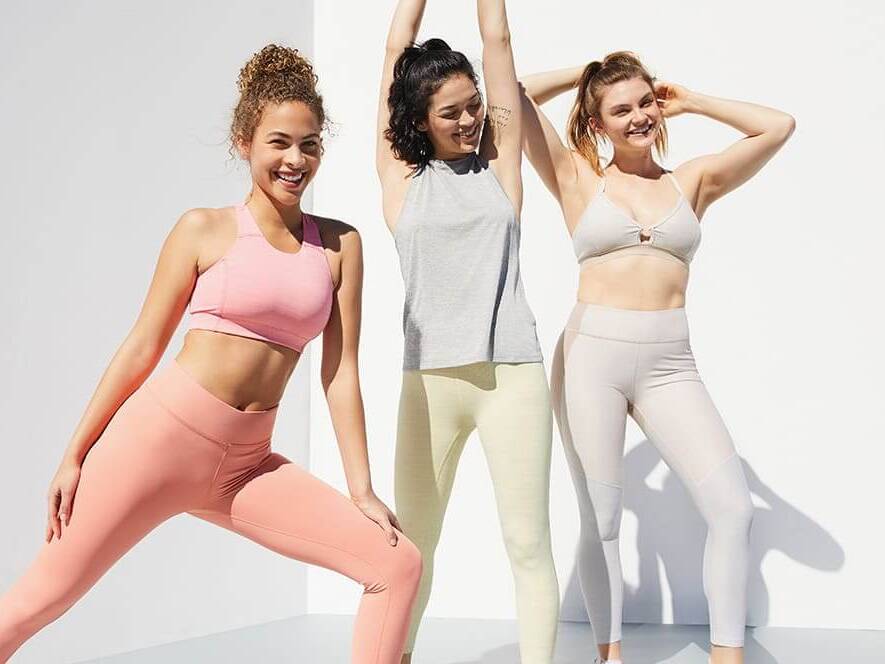The world is on the verge of a major fashion transformation with an urgent desire for answers across all industries. What used to be considered normal is no longer our norm. We are all shopping, dining, and communicating differently due to the coronavirus pandemic. Some of our daily decisions slip out of our hands as we rely on government officials and health practitioners to provide clarity and stability amidst so many changes
Ordinary commerce seems like it is also shifting its focus as topics on sustainability, climate change, and socioeconomic policies dominate and shape events today. It’s a new world as we self-reflect and come up with a new approach in order to survive. Fortunately, as consumers, our fashion decisions are at the frontline of the changes we can certainly control.
Michael Solomon, a consumer behavior expert, aptly describes fast fashion as a “disposable society.” Fashion is a multi-billion dollar industry and this is no doubt since fast fashion brands are capable of transforming a runway look into retail within two weeks (some even less with the rise of technology). Independent designers are not completely protected by U.S. copyright laws, which only protect original prints and graphics but not the actual designs themselves.
IS THE FUTURE OF FASHION CIRCULAR?
As consumers and retailers, we need to understand that we are a part of a circular economy. If you think of sustainability it’s the foundation is based on 3P’s, they are — People, Planet, and Profit. The fashion industry is one of the largest consumers of the global water supply and produces 10% of all humanity’s carbon emissions—more emissions than all international flights and maritime shipping combined. It’s no secret that making some changes in our wardrobe habits can make a big difference, overall. However, changing the current system demands a unified radical transformation at both a corporate and consumer level.
The term used by designers involved in sustainability is a “close look,” this term encompasses the design process involved in remaking a single product which takes a closer look at the lifecycle and its stages:

- materials
- manufacturing
- marketing
- sales
- use, reuse, and repair
Each designer must determine all of these aspects and ensure they are sustainably approved. Many sustainable fashion forms involve the brands and their social responsibility on how a brand’s transparency can affect how consumers buy and their decisions when choosing brands.
More sustainable choices that lead to a slow fashion lifestyle can range from:
-
- custom/handmade products
- green and clean products
- high quality and timeless designs
- fair and ethical behavior
- redesigns and repairs
- upcycled materials
- clothing rentals
- lease and swap products
- secondhand, thrift and vintage products

@skullstudio
IS FAST FASHION SLOWING DOWN?
Inditex, the parent company of Zara, reported a 24.1 percent decrease in sales during the first two weeks of March. In the same month, H&M witnessed a 46 percent drop in sales. Such companies are facing an inventory crisis as they are laden with large volumes of unwanted stock.
A new report from the Fashion Retail Academy in London has indicated consumers are choosing “expensive, long-lasting” clothing items over the cheaper on-trend options, suggesting the fast-fashion movement is actually slowing down. This is good news, but there’s still a ton of work to do. We’ll start by educating and inspiring consumers to understand fashion better and make better shopping decisions based on a circular economy.
As customers, will we be able to detach ourselves from our usual shopping behaviors – addiction to discounts, trends, and seasonal promotions? Will we be financially prepared? Are we willing to support up and coming designers?
We should try to steer away from the fast fashion trap of only purchasing low quality, cheap clothing. This leads to mindless consumption of trends that we did not need in the first place. The future of fashion relies on us as much as it does the producers.
BRANDS WE LOVE TO LOVE
Outdoor Voices sources sustainable textiles, including sustainably sourced merino wool and recycled polyester made from water bottles, and the company takes care of its stateside and overseas factory partners, prioritizing fair working conditions and ethical labor practices.
Get $20 off your purchase of $100 here


